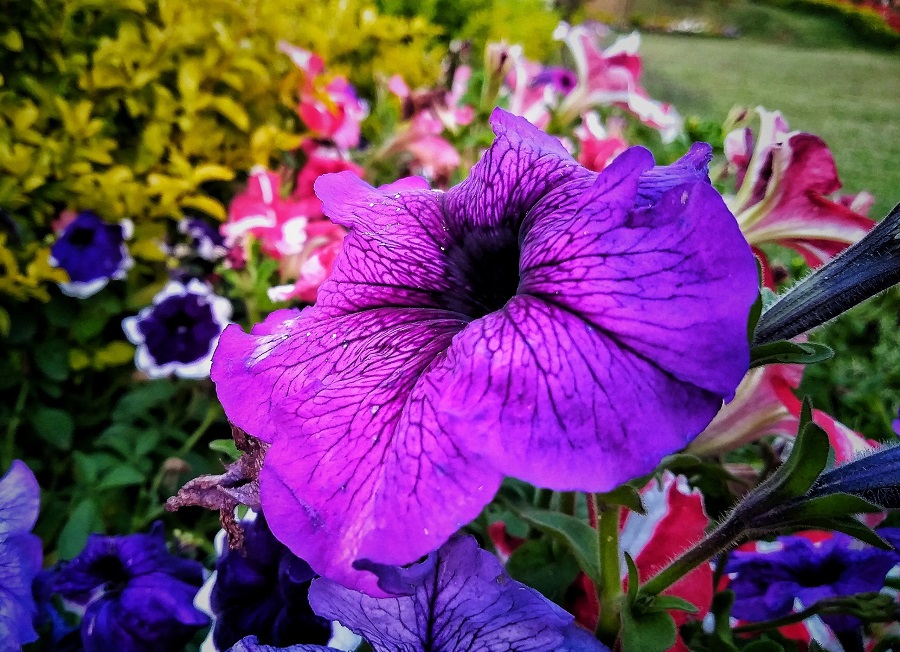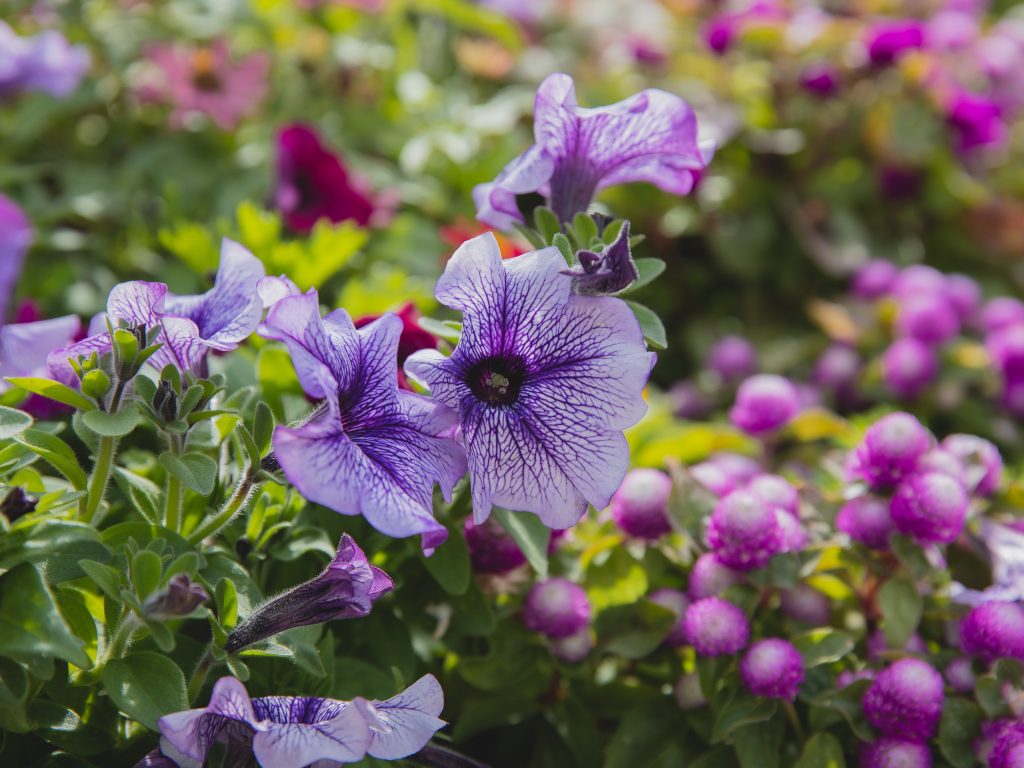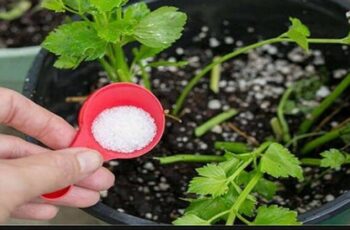Ad Blocker Detected
Our website is made possible by displaying online advertisements to our visitors. Please consider supporting us by disabling your ad blocker.
A petunia definitely prefers sunny places – but the sun should not be direct, but rather slightly scattered. This means you can plant a slightly taller plant nearby that will slightly cover the petunia, but won’t block too much light.
When choosing a location for petunias, make sure the location is not vulnerable to strong winds. It is a vulnerable plant and the intense gusts could damage stems or leaves.
Petunia – soil requirements
Petunia is a relatively hardy plant that can grow in different conditions. But its growth is most efficient if the soil is fertile. Also, you can enrich the soil with humus and ensure that it is permeable. As experts suggest, the pH of the soil should be between 5.6 and 6.5, which means it should be slightly acidic.

How do water petunias?
Petunia is characterized by the fact that it can withstand rare watering and periods of drought. But that doesn’t mean you have to let the plant dry out completely. If you want the plant to develop beautiful and rich flowers, water it regularly and abundantly, but do not let the water stay in the ground. In most cases, it is enough to water the plant once a day. During a period of intense growth, which occurs in the summer, you can water the petunia twice a day.
Do Petunias Need Feeding?
Caring for petunias is a process that requires feeding them. Do it regularly – once every 2 weeks. The plant must be strengthened with special mixtures from its planting in the ground until the end of autumn. This promotes the growth and flowering of the plant but also allows the petunia to take root – which is very important.
What are the best substances, in this case? Use products from a garden store – those designed for flowering plants are probably the most beneficial. You can also enrich the soil by using natural fertilizers such as:
- manure,
- vermicompost,
- guano.


